On this day in science history
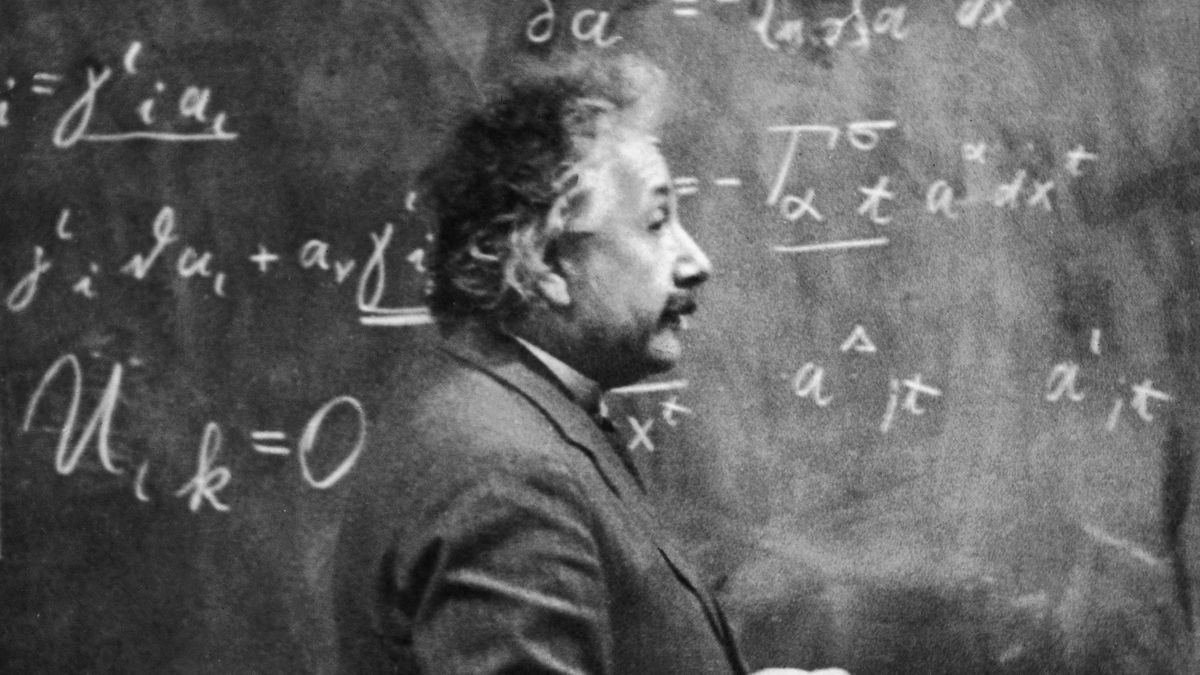
Science is collaborative, painstaking and iterative, with progress slow and some unsung scientific heroes lost to time. But every once in a while, a key event, discovery or conceptual breakthrough has had a galvanizing effect on science. Each week, we take a look at the moments in science history that changed the world we live in — and our understanding of it.
Latest about On this day in science history

Science history: 'Father of modern genetics' describes his experiments with pea plants — and proves that heredity is transmitted in discrete units — Feb. 8, 1865
By Tia Ghose published
Gregor Mendel described his experiments with pea plants and proved that genes are transmitted in discrete units, with certain fundamental laws of inheritance.

Science history: Sophie Germain, first woman to win France's prestigious 'Grand Mathematics Prize' is snubbed when tickets to award ceremony are 'lost in the mail' — Jan. 9, 1816
By Tia Ghose published
Sophie Germain was a brilliant, self-taught mathematician who won one of France's most prestigious prizes, yet she declined to attend the award ceremony because the committee members didn't respect her work.
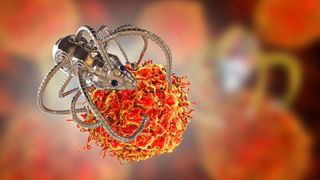
Science history: Richard Feynman gives a fun little lecture — and dreams up an entirely new field of physics — Dec. 29, 1959
By Tia Ghose published
In a short talk at Caltech, physicist Richard Feynman laid out a vision of manipulating and controlling atoms at the tiniest scale. It would precede the field of nanotechnology by decades.
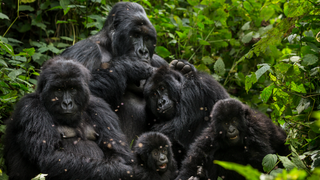
Science history: Dian Fossey found murdered, after decades protecting gorillas that she loved — Dec. 27, 1985
By Tia Ghose published
Dian Fossey was a zoologist who spent decades studying the elusive mountain gorillas of Congo and Rwanda before she was murdered.
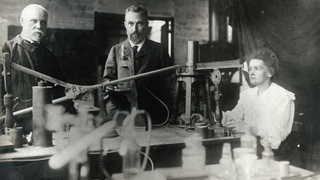
Science history: Marie Curie discovers a strange radioactive substance that would eventually kill her — Dec. 26, 1898
By Tia Ghose published
Scientists in Paris discovered two new substances with incredible radioactivity. It earned them the Nobel Prize in Physics but would ultimately kill one of them.
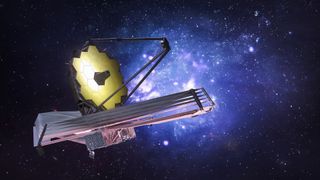
Science history: James Webb Space Telescope launches — and promptly cracks our view of the universe — Dec. 25, 2021
By Tia Ghose published
The James Webb Space Telescope blasted off from a launchpad in French Guiana in 2021, before reaching a spot in orbit a million miles away. It soon began breaking cosmology.

Science history: Anthropologist sees the face of the 'Taung Child' — and proves that Africa was the cradle of humanity — Dec. 23, 1924
By Tia Ghose published
Over a century ago, anthropologist Raymond Dart chipped an ancient skull out of some rock from an ancient quarry — and revealed the face of an ancient human relative.
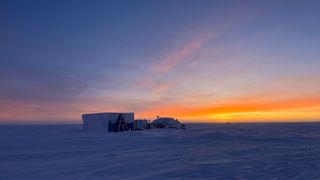
Science history: Norwegian explorer wins the treacherous race to the South Pole, while British rival perishes along with his crew — Dec. 14, 1911
By Tia Ghose published
In December 1911, Roald Amundsen and his crew reached the South Pole, beating his rival, Robert Falcon Scott, by 35 days. Scott and his crew didn't survive the return trip.
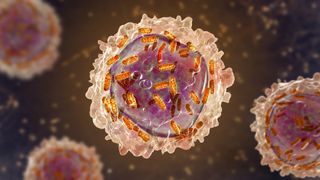
Science history: Female chemist initially barred from research helps develop drug for remarkable-but-short-lived recovery in children with leukemia — Dec. 6, 1954
By Tia Ghose published
In December 1954, Gertrude Elion and colleagues described a new compound they had developed that sent children with leukemia into remission. It would guide a new approach to "rational drug design."

Science history: Computer scientist lays out 'Moore's law,' guiding chip design for a half century — Dec. 2, 1964
By Tia Ghose published
At a small local chapter meeting of a professional society, Gordon Moore's talk laid out the rudiments of what would become "Moore's law", which would govern the electronics industry for a half century.
Get the world’s most fascinating discoveries delivered straight to your inbox.
 Live Science Plus
Live Science Plus










